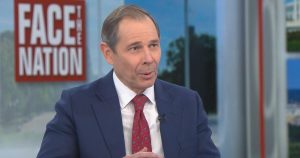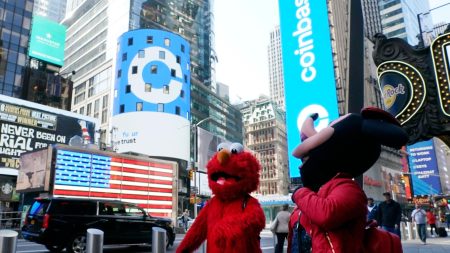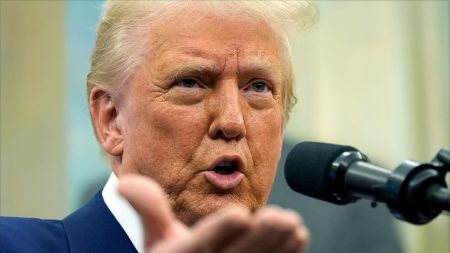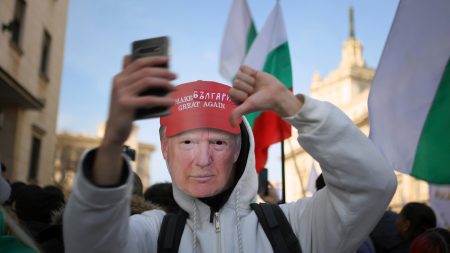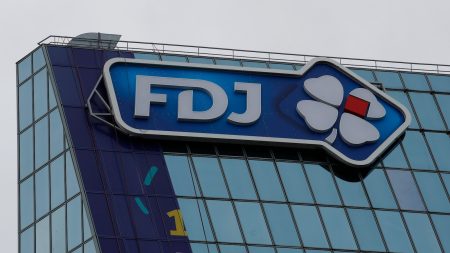Trump’s Decision to Cut Funding to South Africa Sparks Controversy
In a controversial move, former U.S. President Donald Trump announced on his Truth Social platform that he would cut all future funding to South Africa. This decision comes amid his claims of "massive human rights violations" against white people in the country, which he alleges are linked to a new land expropriation law. Trump did not provide specific details or evidence to support his claims, but he emphasized that the U.S. would not tolerate such actions and would act accordingly. His statement has sparked a heated debate both within South Africa and internationally, with many questioning the accuracy of his assertions and the potential consequences of his decision.
South Africa’s Land Expropriation Law: A Historical Context
South Africa’s land expropriation law is a complex and deeply sensitive issue, rooted in the country’s history of apartheid, which ended in 1994. During the apartheid era, the white minority government forcibly seized land from the Black majority, confining them to segregated areas. The new law aims to address these historical injustices by allowing the government to acquire land from private owners if it serves the public interest. South African President Cyril Ramaphosa has clarified that no land has been confiscated under the new law, and the process is designed to ensure fairness and equity. The law has been debated for years, with the government emphasizing its role in redressing the injustices of the past while protecting the rights of all property owners.
The South African Government’s Response to Trump’s Claims
The South African government has pushed back against Trump’s accusations, urging the U.S. to gain a better understanding of the new land law. President Cyril Ramaphosa’s office released a statement explaining that the law is not a tool for confiscation but a constitutional process aimed at ensuring equitable access to land. The government has also stressed that the law does not target any specific racial group and that land expropriation will only occur under specific circumstances, such as when land is not being used productively and its redistribution is in the public interest. South African Foreign Minister Ronald Lamola called on the U.S. to use the investigation Trump announced as an opportunity to deepen its understanding of South Africa’s policies and democratic commitments.
Elon Musk’s Involvement and the Allegations of Anti-White Policies
Elon Musk, a South African-born entrepreneur and one of Trump’s close allies, has also weighed in on the issue. Musk has previously criticized the South African government, accusing it of being anti-white and even claiming in 2023 that the government was allowing a "genocide" against white farmers. However, experts in South Africa argue that while violent crime, including attacks on white farmers, is a serious issue, it is not specifically targeted at any racial group. South Africa has some of the highest violent crime rates in the world, and the vast majority of victims are Black. The government has rejected Musk’s claims, emphasizing that crime affects all South Africans and that race is not a factor in these incidents.
The Impact of U.S. Funding Cuts on South Africa
South Africa stands to lose significant funding if Trump follows through on his threat. The country is a major beneficiary of the President’s Emergency Plan for AIDS Relief (PEPFAR), which provides around $400 million annually to South Africa’s HIV/AIDS programs. This funding is critical in the fight against the disease, which has disproportionately affected South Africa. However, Ramaphosa’s office has downplayed the potential impact of the funding cuts, stating that there is no other significant U.S. funding directed toward South Africa. The country is also Washington’s largest trading partner in Africa, according to the U.S. International Trade Commission, which could complicate the situation further.
The Broader Implications of Trump’s Decision
Trump’s decision to cut funding to South Africa has raised concerns about the potential consequences for the country and its people. Civil society groups representing the Afrikaans-speaking white minority have criticized Trump’s proposed measures, arguing that they would likely harm South Africans as a whole. These groups have called on Trump to ensure that any punitive measures are targeted at senior government leaders rather than the general population. Meanwhile, experts warn that Trump’s actions could undermine efforts to address historical injustices in South Africa and strain relations between the two nations. The situation highlights the complexities of international diplomacy and the need for a nuanced understanding of the issues at play. As tensions rise, the world will be watching to see how this situation unfolds and what impact Trump’s decisions will have on South Africa and its people.

